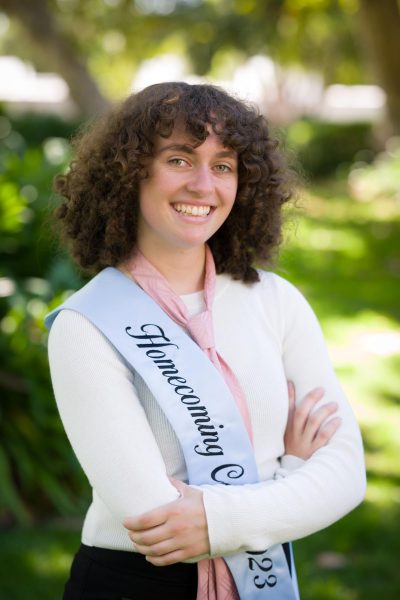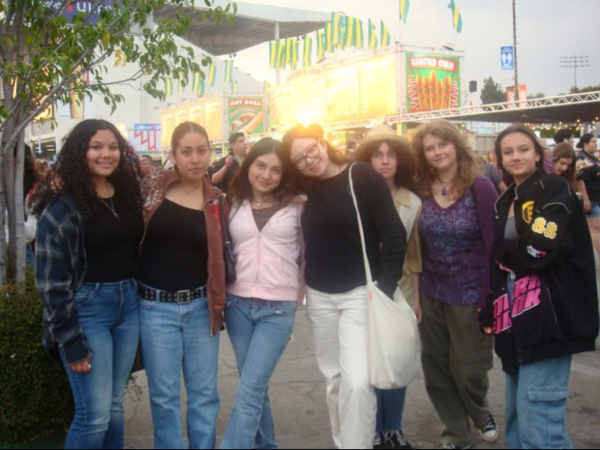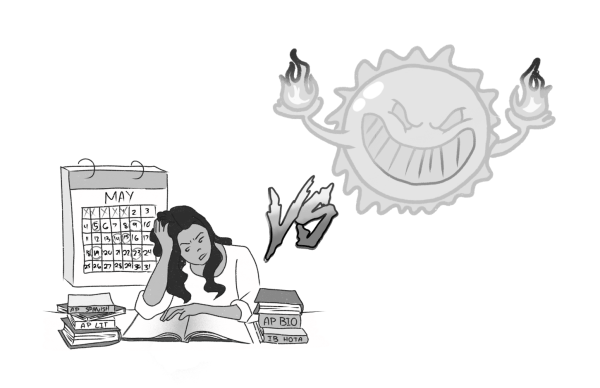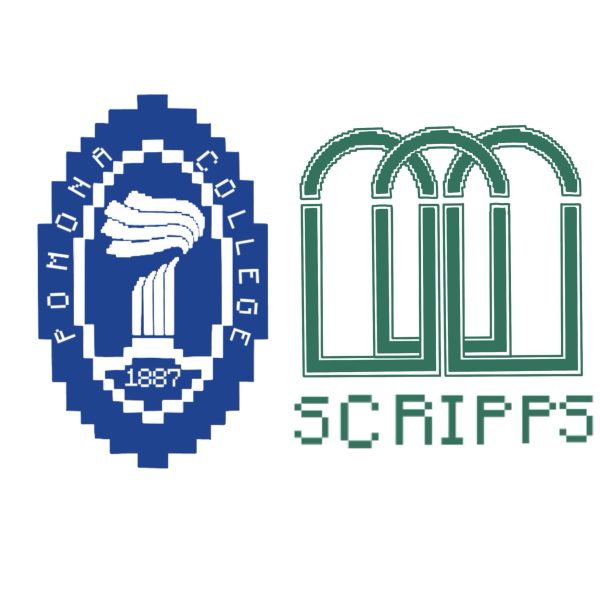Claremont’s Indigenous representation
A look back at the ending of the controversial Thanksgiving tradition between Condit and Mountain View in 2008
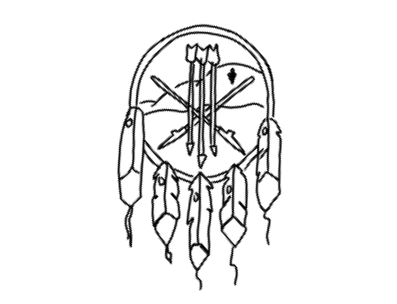
Serrano, indigenous tribe native to Claremont, dream catcher
Claremont’s native residents, the Tongva people, have a rich history. The Tongva descended from Uto-Aztecan-speaking peoples who originated in what is now Nevada and moved southwest into coastal Southern California. Even the street named ‘Indian Hill’ is a nod to the city of Claremont’s Indigenous peoples. According to the Tongva tribe, Mt. Baldy is referred to as “Joat” or Snowy Mountain, and Claremont’s original name is Torojoatngna, meaning “the place below Joat.” The Tongva people have lived in the Los Angeles Basin, then known as the Tovangar since 7000 B.C.E., recently having been given back one acre of their ancestral land from a Los Angeles homeowner. Only about 2,800 individuals (by some estimates) remain in the greater Los Angeles area. Despite the Tongva being known as some of the most influential and wealthy indigenous peoples, it seems that Claremont High School hardly recognizes their status.
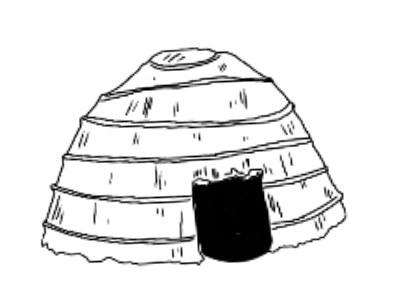
In elementary schools across Claremont, students used to have a tradition centered around celebrating Thanksgiving, consisting of the construction of paper “headdresses” mimicking those worn by indigenous peoples in North America. Other students would construct paper clothing resembling early North American pilgrims by wearing bonnets and dresses. Students would interact with each other over a feast and the whole day would have been filled with activities relating to early Thanksgiving, none of which acknowledged or included members of the Tongva community.
At the Condit and Mountain View elementary schools, both would adorn their students in paper clothing and one would attend the other for a Thanksgiving feast, switching the host school every year. This tradition lasted for around four decades until it was brought into question by parents in 2008, disagreeing with the clothing worn as well as the glorification of such a grim moment in Native American history. Even though the Thanksgiving feast that year was supposedly canceled, the tradition took place as planned. After the feast, neither of the two schools removed the outfits from the children, and, upon reaching the parents who were against the outfits and fanfare of the tradition, prompted a protest to take place outside of Condit Elementary school. The anti-thanksgiving tradition demonstrators ere subsequently met by counter-protestors who did not want the removal of the garbs. The confrontation resulted in the authorities being called in.
A CUSD parent present at the protest remembers the day vividly.
“Several of the families that were in support of making changes to the event had received threats of violence beforehand, so it was a very tense scene,” the parent said.
Although the tradition ended, harassment and threats directed towards those who protested against the tradition came in droves.

Ultimately, the superintendent of the Claremont Unified School District in 2008, David Cash, who is of Native American descent and received threats for his support of removing the tradition, hoped there could be a lesson learned from the entire situation. Believing that from the protest, parents could have healthier discussions when they disagree on what is best for their children.
Even after 14 years of the school district’s decision to remove the controversial Thanksgiving feast, Claremont High School continues to recognize Columbus Day and neglect their city’s Indigenous community. When one takes a look at the calendar in the Claremont High School planner, October 10th remains marked as Columbus Day with no mention of Indigenous Peoples’ Day anywhere. For four years now, California has proclaimed October 10th as Indigenous Peoples’ Day. Celebrating California’s immense cultural diversity, Indigenous Peoples Day looks to take place of Columbus Day. While Claremont High School bolsters the heavily controversial Columbus Day on their calendars issued out to thousands of students, they make no mention of their rich indigenous peoples’ history.
Hello there! Our goal is to provide relavent, engaging journalism for readers of all ages. Your donation will support the student journalists of the Wolfpacket at Claremont High School, and will allow us to purchase equipment, print our monthly issues, and enter in journalism competitions. We appreciate your consideration!
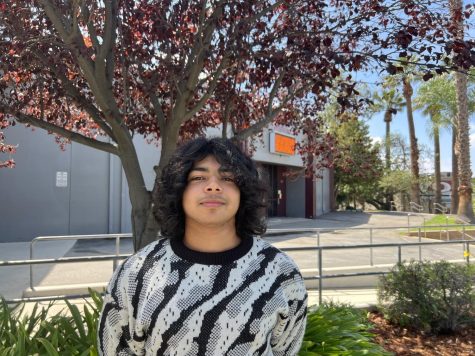
Lorenzo is a Senior at Claremont Highschool and a reporter for the Wolfpacket. Their current favorite musical artists include Youngboy Never Broke Again,...



